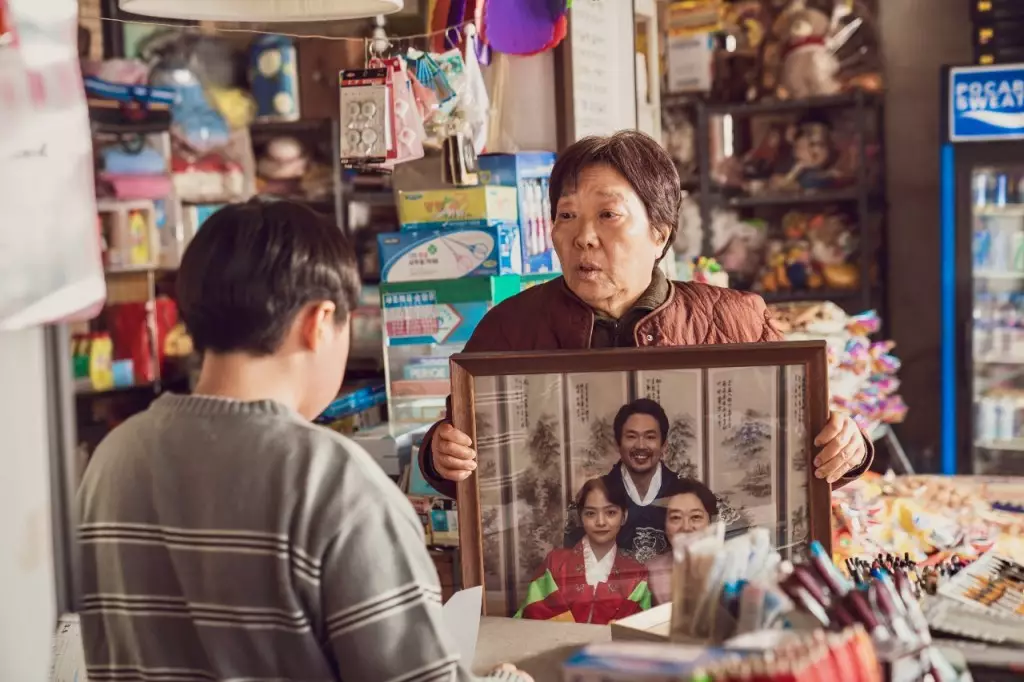The recent Busan International Film Festival (BIFF), held from October 2-11, proudly showcased a rich tapestry of narratives from around the globe, amplifying voices that are often marginalized in mainstream cinema. Among the standout films competing this year, “The Land Of Morning Calm,” helmed by Korean director Park Ri-Woong, and Myanmar’s “MA Cry Of Silence,” directed by The Maw Naing, both secured the prestigious New Currents Awards. This recognition not only acknowledges the quality of these films but also underscores the festival’s commitment to fostering new talent and narratives that reflect contemporary societal challenges.
“The Land Of Morning Calm” captivates audiences as it delves into the complexities of life in a tumultuous rural coastal community. The film’s exploration of economic hardship, xenophobia, and societal prejudice resonated deeply with the jury, led by Iranian filmmaker Mohammad Rasoulof. Their praise for the film’s unwavering narrative arc speaks to the director’s adeptness in weaving everyday struggles into a compelling story filled with emotional depth. Notably, the film’s achievement of the KB New Currents Audience Award, alongside the Netpac Award, further cements its impact within this year’s festival.
In contrast, “MA Cry Of Silence” offers a provocative glimpse into the life of a young Burmese woman who relocates to the bustling city to pursue work in a garment factory. The film’s brave portrayal of the ongoing political strife under Myanmar’s junta is a stark reminder of the resistance birthed from adversity. The significance of international collaboration is highlighted through this co-production, which unites talents from Korea, Singapore, France, Norway, and Qatar, showcasing how collective storytelling can transcend borders.
The festival did not overlook the contributions of seasoned filmmakers, as evidenced by the Kim Jiseok Awards. Indian director Rima Das was honored for her poignant sequel, “Village Rockstars 2,” which continues the narrative of resilience and the intricate bond between humans and nature seen in her critically acclaimed original. Likewise, Tom Lin Shu Yu’s “Yen And Ai Lee” received accolades for its raw and vivid depiction of a mother-daughter relationship fraught with trauma. The jury’s acknowledgment of both films emphasizes the essential role of tradition and familial ties in narrative cinema.
Adding to the festival’s diverse offerings, the FIPRESCI Award was bestowed upon “Tale Of The Land,” directed by Indonesia’s Loeloe Hendra, while the inaugural Documentary Audience Award went to “K Number,” a powerful exploration of the lives of Korean adoptees directed by Jo Seyoung. The recognition of these films signifies a growing appreciation for documentaries and experimental narratives in a landscape often dominated by commercial cinema.
As this year’s festival draws to a close, the array of accolades bestowed upon various films underscores not just talent, but the powerful role of cinema as a reflective medium for socio-political themes, cultural complexities, and emotional truths. The Busan International Film Festival, with its multifaceted programming, continues to be a crucial platform for highlighting the diverse tapestry of global cinema and championing stories that demand to be told.

